Language and Literacy Programs for Toddlers: Tiny Voices, Big Stories
Chosen theme: Language and Literacy Programs for Toddlers. Welcome to a warm, research-informed space where playful talk, joyful reading, and everyday routines grow confident communicators. Stay with us, share your questions, and subscribe for weekly insights designed for little learners.

Why Early Literacy Matters in Toddlerhood
In the first three years, toddlers’ brains form millions of connections each second, especially when engaged in conversation, songs, and stories. Quality programs harness this magic with intentional talk, responsive turns, and sensory-rich language play.
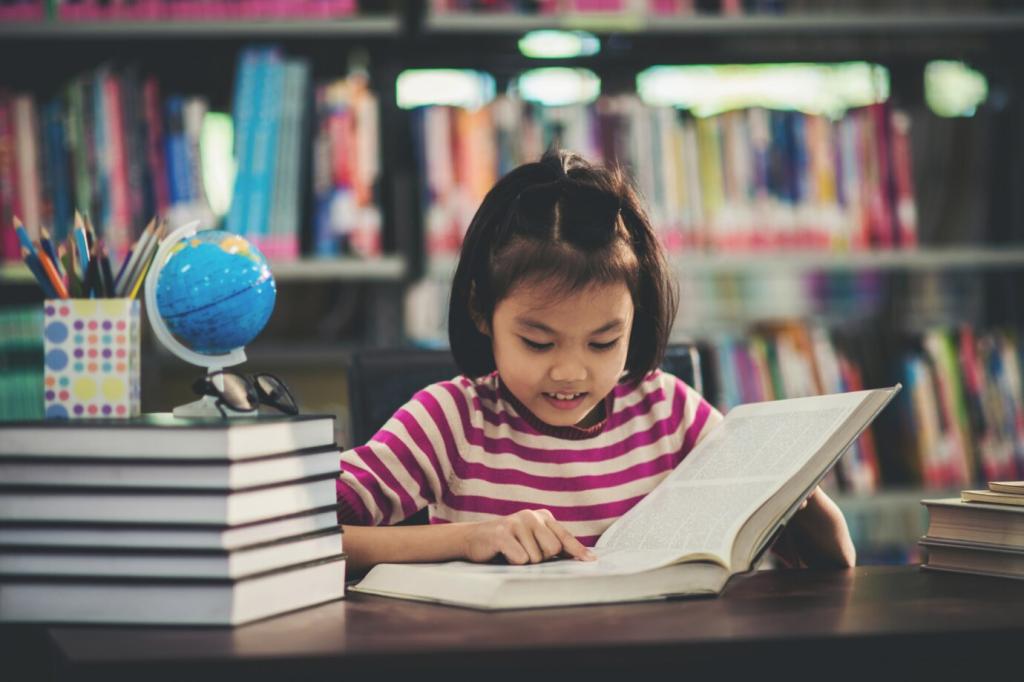
Core Elements of Effective Toddler Programs
Play invites talk. Dramatic play corners, puppets, and pretend menus create authentic reasons to name, narrate, and negotiate. Educators model rich vocabulary, then step back so toddlers experiment, repeat, and own new words through discovery.
Dialogic Reading that Sparks Toddler Talk
Instead of racing through pages, educators ask open questions—“What do you think happens next?”—and wait. That pause matters. Toddlers point, vocalize, and try new words, building confidence with every shared turn.
Dialogic Reading that Sparks Toddler Talk
Before reading, a slow picture tour invites predictions and labels. Programs pair photos with real objects—like a tiny red shoe—to make vocabulary concrete, memorable, and playful for small hands and curious eyes.
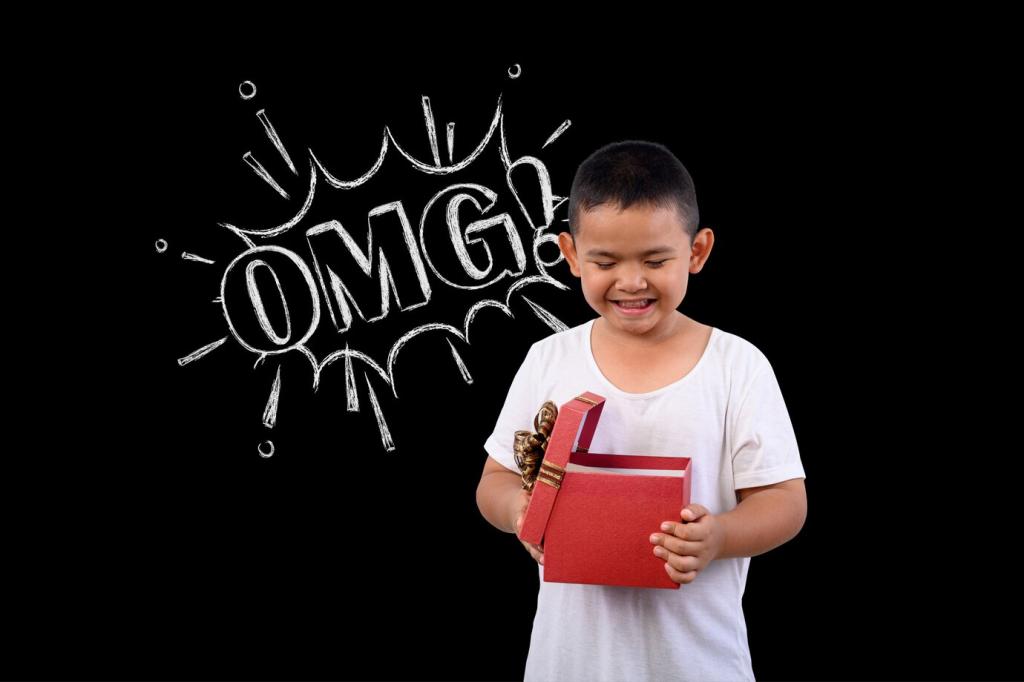
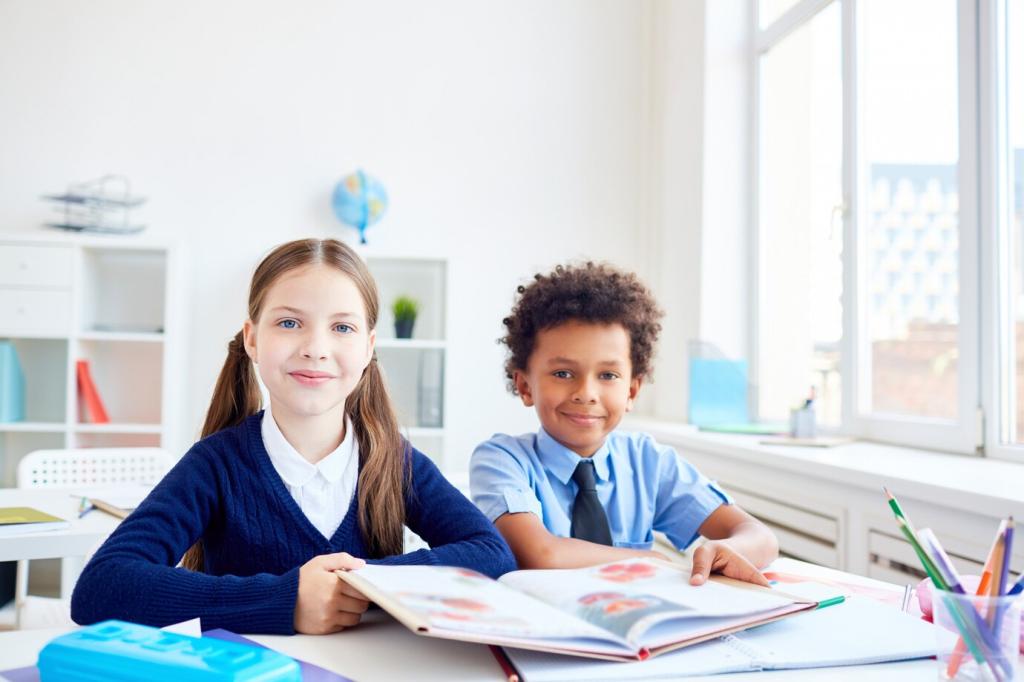
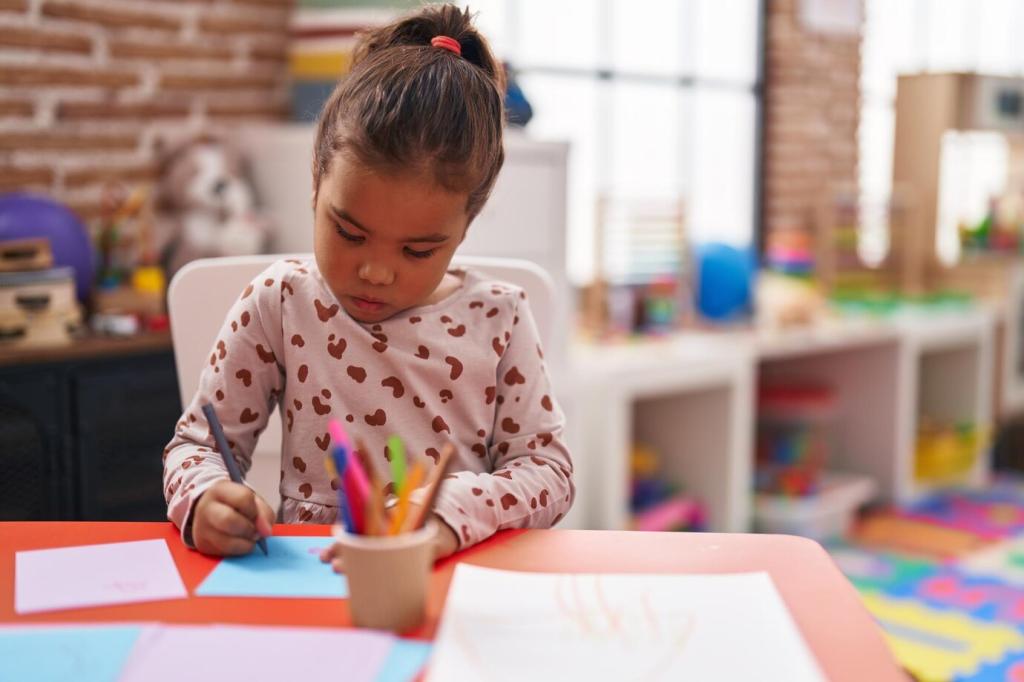
Two Languages, One Strong Foundation
Research shows bilingual exposure does not confuse toddlers. It enhances attention and cognitive flexibility. Programs encourage consistent routines across languages and welcome families to share songs, stories, and cultural sayings.

Program Design that Honors Home Languages
Classrooms display multilingual labels, feature dual-language books, and invite family recordings. Teachers learn key words—hello, water, more—to ensure comfort and inclusion from the very first day.
Create a comfy reading spot with a small basket of favorites. Add photo-labels to toy bins, place a magnetic alphabet at toddler height, and keep books within reach to encourage independent exploration and shared reading.
Building a Print-Rich Home for Toddlers
Turn routines into language rituals: a clean-up chant, a bath-time rhyme, and a bedtime recap of the day. Repetition makes vocabulary sticky and gives toddlers predictable moments to try new words.
Building a Print-Rich Home for Toddlers
Measuring Progress with Joy
Observation over Tests
Educators collect snapshots: a scribble labeled “mama,” a two-word request, or a toddler turning pages independently. These stories inform next steps better than checklists alone while honoring each child’s pace.
Celebrate Small Wins
Cheer for attempts, not just perfect words. A grin after saying “ball please” matters. Programs share progress notes and photos so families can celebrate at home and reinforce emerging skills with love.
Share Your Wins
What language milestone made your day this week? Comment with a photo-worthy moment or a funny toddler quote. Subscribe to receive milestone trackers and gentle prompts for encouraging the next step.
Partnering with Caregivers and Educators
Quick notes, voice messages, and end-of-day chats keep everyone aligned. Families learn what songs and prompts were used, then echo them at home, creating a seamless experience that boosts confidence.
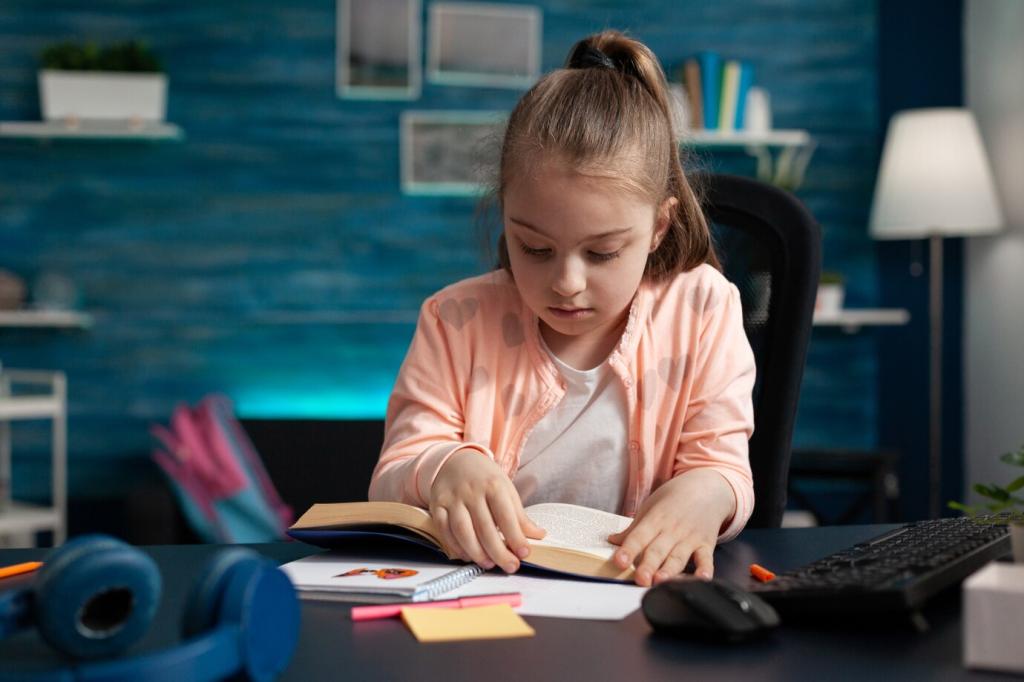
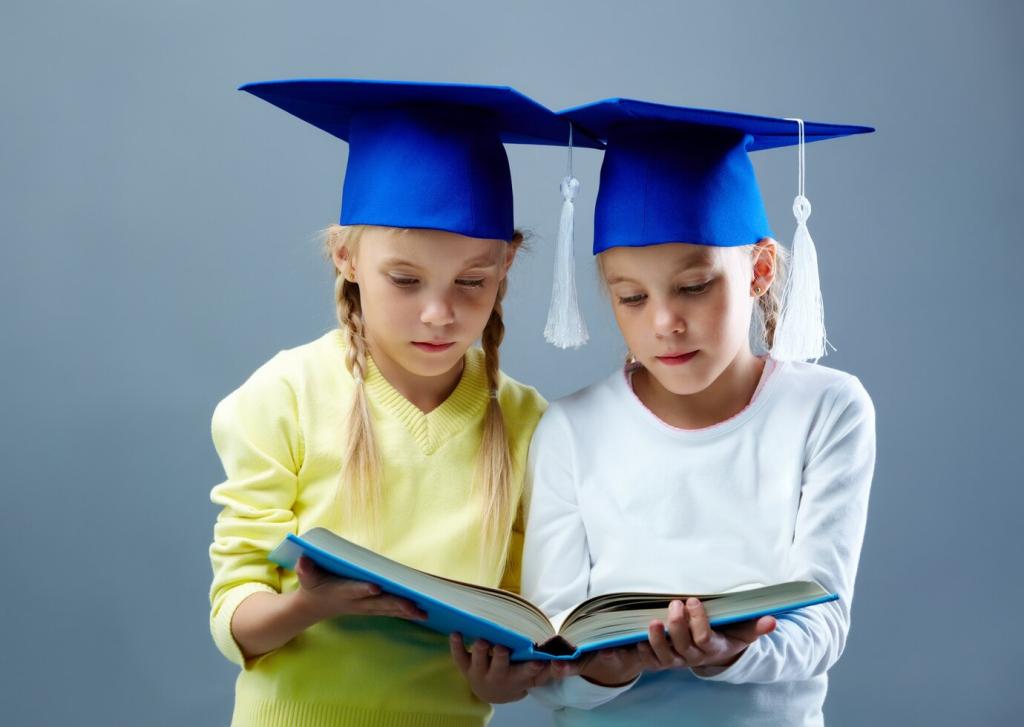
Partnering with Caregivers and Educators
Programs host mini sessions on dialogic reading, sign-supported speech, and bilingual routines. Caregivers practice, ask questions, and leave with easy materials. Tell us which topics you want next!
